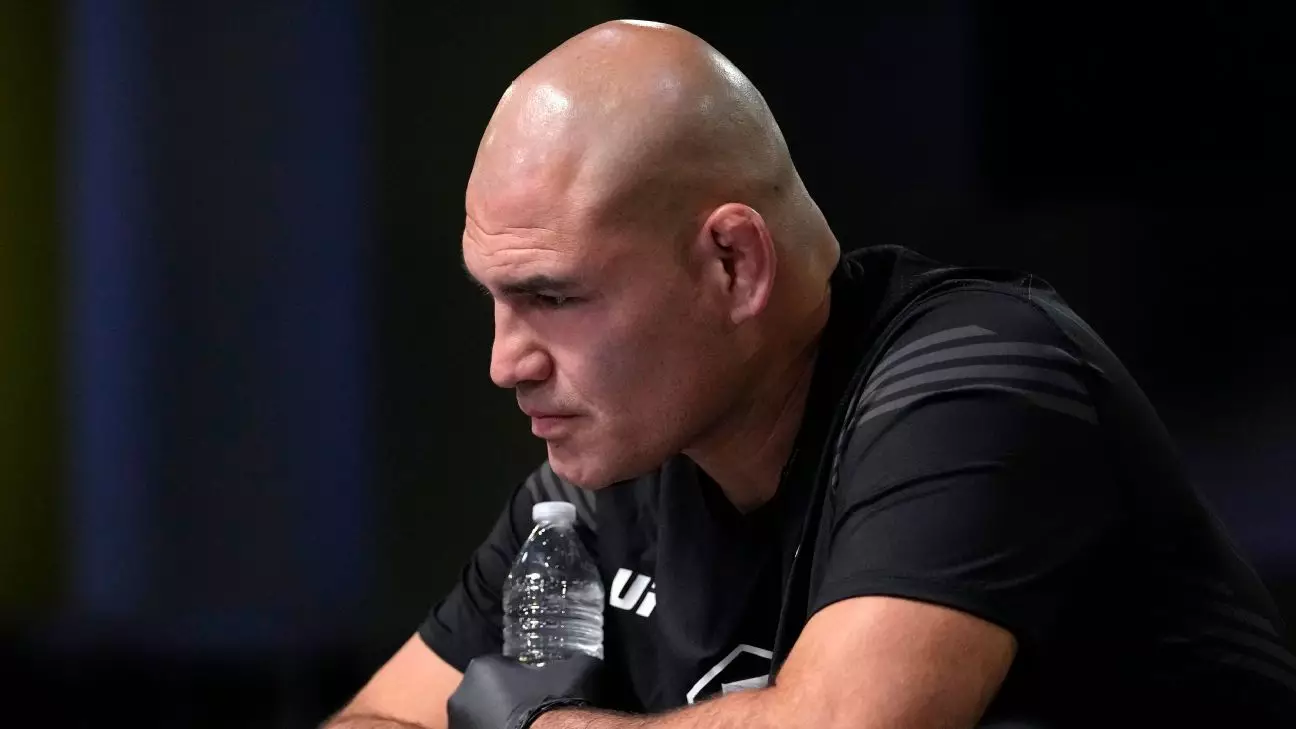The case of former UFC heavyweight champion Cain Velasquez serves as a troubling intersection of passion and consequence. On a fateful day in February 2022, Velasquez made a series of choices driven by a parent’s instinct to protect, which ultimately spiraled into a grave incident of attempted murder and assault. Upon being sentenced to five years in prison, it becomes essential to delve into the nuances of his actions and the broader implications of vigilante justice.
The Reality Behind the Headlines
For many, the news of Velasquez’s shooting incident paints the image of a desperate father defending his child. The details reveal a more complex narrative: Velasquez pursued Harry Goularte—accused of molesting his four-year-old son—across an 11-mile car chase, firing multiple rounds at Goularte’s vehicle, ultimately injuring the man’s stepfather. While Velasquez’s intentions might be rooted in a primal instinct for parental protection, the recklessness displayed raises significant ethical questions about taking the law into one’s own hands.
Velasquez publicly acknowledged the dangers his actions posed to innocent bystanders, a reflection of a grappling consciousness with the gravity of the situation. His statement, “We cannot put the law in our own hands,” represents a rare case of accountability from a public figure embroiled in controversy. This admission highlights a vital societal need for discourse on appropriate channels of justice, especially in emotionally charged cases. The sense of urgency that drove Velasquez to react violently questions how far individuals should go when they feel their loved ones are in peril.
The Dichotomy of Hero and Criminal
In examining Velasquez’s case, it’s crucial to navigate the line between heroism and criminality. The overwhelming support he garnered from the public was indicative of a broader cultural sentiment that romanticizes unyielding parental love. However, endorsing such actions can inadvertently endorse a mindset that justifies disproportionate responses to perceived threats. This dilemma presents a scenario where one could be viewed as a hero in the eyes of many but still constitutes a criminal under the law.
The effects of his short-lived reign as a UFC champion cannot be overlooked—his success inside the octagon painted a picture of strength and resilience. Yet, even champions can falter. Injuries cut short his career and it raises the question of how these setbacks might influence one’s mental and emotional stability. The pressures of fame, combined with personal tragedies, may lead individuals down paths that defy their values, illustrating the fractured nature of celebrity lives beyond the limelight.
The Judicial System and Public Opinion
Velasquez’s sentencing reflects a legal system that grapples with the emotional weight of crimes motivated by personal tragedy. While victims of violent crime often struggle to see justice served, Velasquez’s case is emblematic of the moral complexities involved in how society views retaliatory violence. His impending five years in prison for actions influenced by profound distress ignites a debate over the effectiveness and fairness of the judicial system in dealing with emotionally charged situations, pushing us to consider how empathetic narratives can shape legislation.
In his reflections, Velasquez admits guilt yet simultaneously advocates for understanding. This duality leaves observers wrestling with questions regarding justice, morality, and the deeply ingrained instincts of parental protection that can lead to disastrous consequences.


Leave a Reply